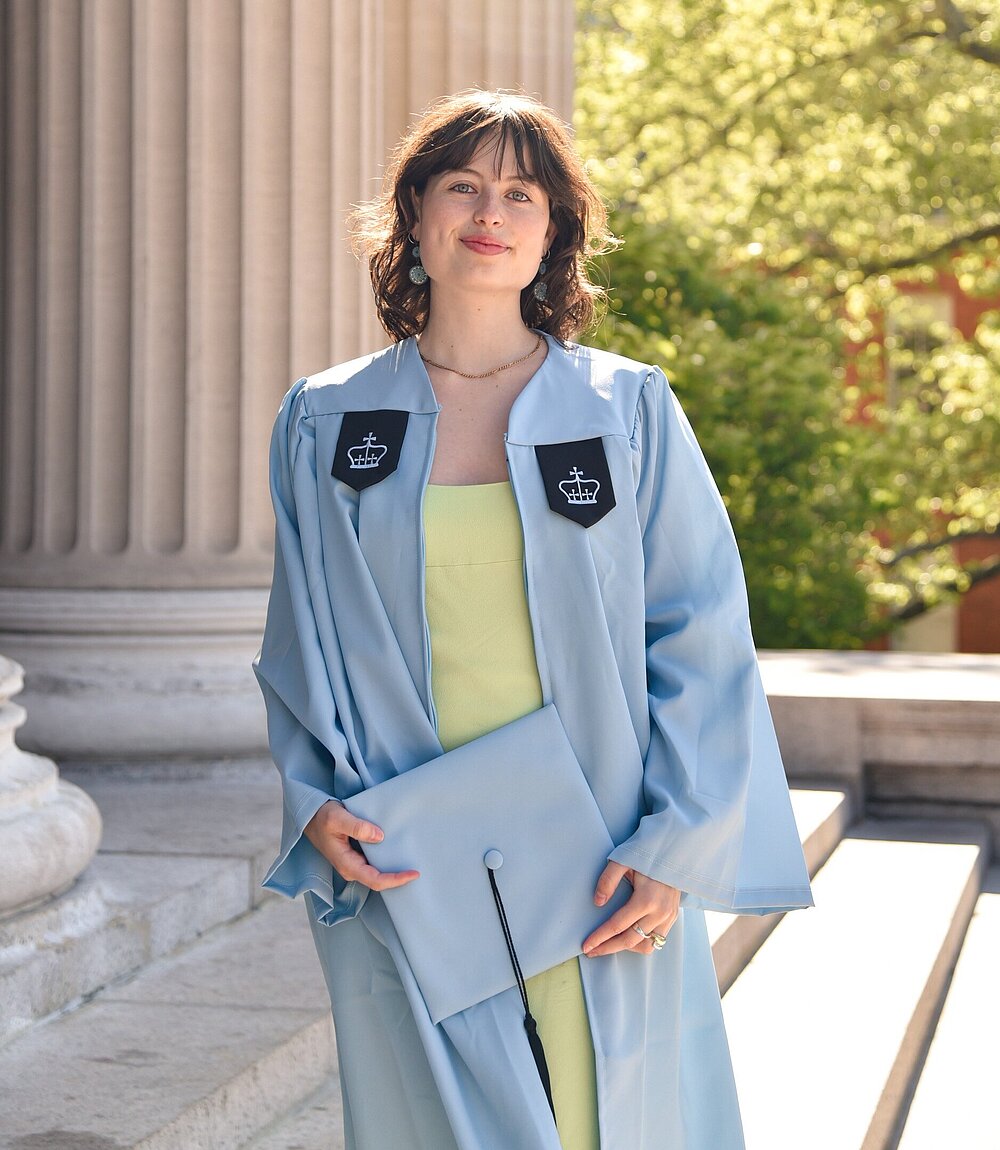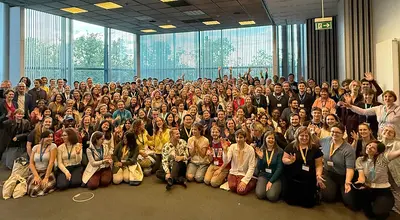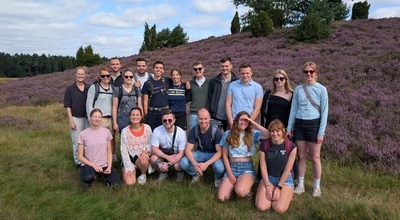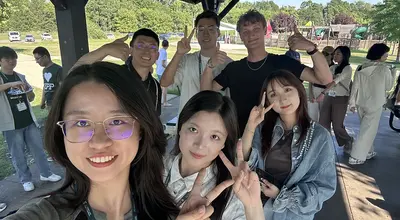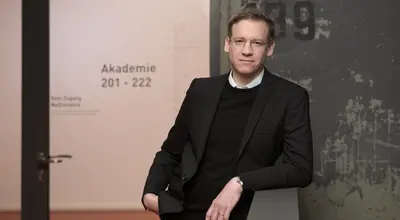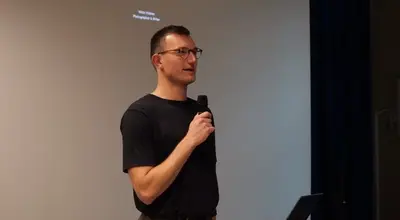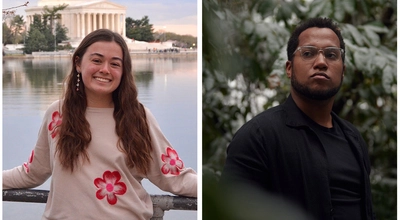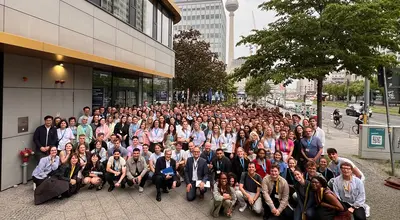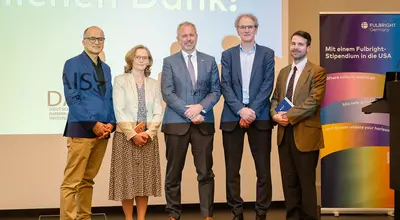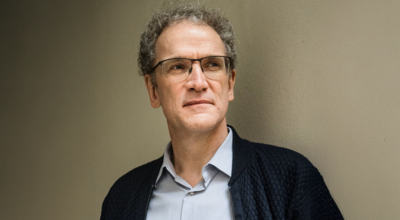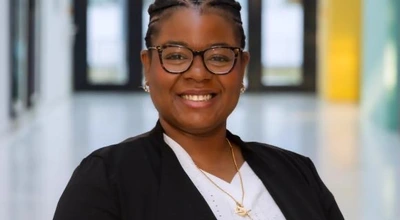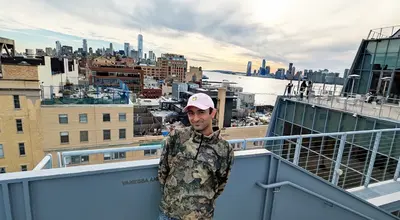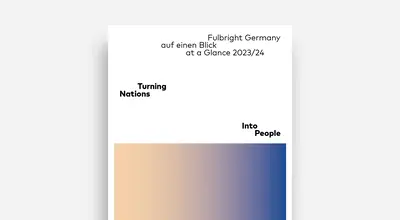Two Current Fulbright Germany U.S. Students Named Fulbright-John Lewis Civil Rights Fellowship Recipients for 2024-2025: Exploring Transnational Feminist Solidarity in Germany
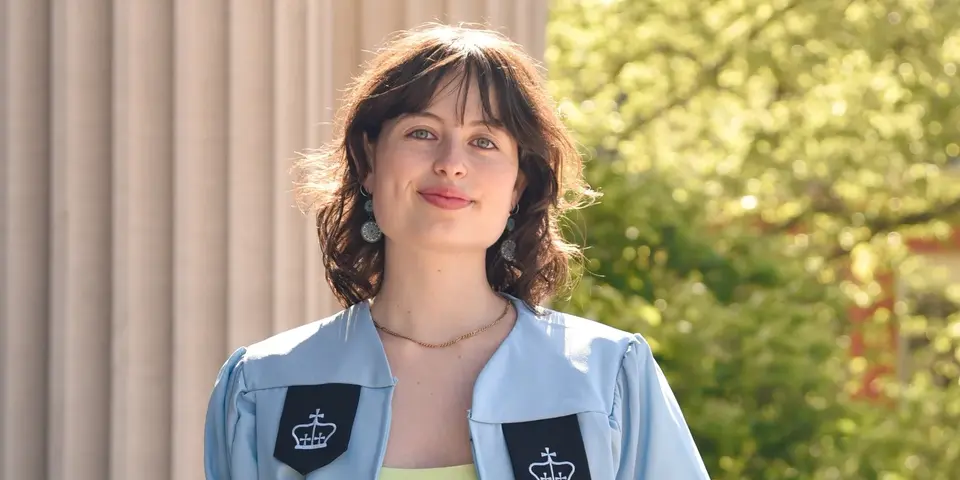
The Fulbright Program has awarded the prestigious Fulbright-John Lewis Civil Rights Fellowship to two Fulbright Germany U.S. students for the 2024-2025 academic year: Nilufahr Cooper and Munirat Suleiman. Both scholars will conduct groundbreaking research in Germany, focusing on civil rights and feminist movements, with an emphasis on transnational solidarity.
Munirat Suleiman, a recent graduate of Columbia University with a degree in Sociology and English, will study the intersection of social movements and cultural expression at the Freie Universität Berlin. Her research delves into contemporary transnational Black feminist solidarity between the United States and Germany, examining how these movements interact and influence each other. As a Nigerian-American and first-generation college graduate, Munirat is passionate about understanding the diverse experiences of Black womanhood across the diaspora.
Nilufahr Cooper, a graduate of Barnard College, where she majored in history and gender studies with a focus on the South-West Asian and North African region, will conduct research on Berlin’s Iranian feminist collectives. Through oral history interviews, Nilufahr’s project aims to explore how members of the Iranian diaspora in Germany reconstruct their identity and community while promoting feminist activism. As a first-generation Iranian-American, Nilufahr seeks to highlight the experiences of Iranian feminists in fostering transnational solidarities.
We had the opportunity to speak with Nilufahr Cooper about her upcoming project and the personal significance of this fellowship.
Fulbright Germany: Nilufahr, your research focuses on the Iranian feminist collectives in Berlin. How do you think your background as a first-generation Iranian-American influences your approach to understanding and documenting the experiences of these feminists, and what insights do you hope to uncover about their diasporic identity?
Nilufahr Cooper: As a first-generation Iranian American, I am excited to explore the ways in which Iranian FLINTA* (Female, Lesbian, Intersex, Trans and Agender) organizers in Berlin conceptualize their own diasporic identities and activisms. Through oral history interviews, I plan to explore categories of analysis relevant to the study of all diaspora communities–including conditions of migration, relationship with host country, relationship with home country, and relations within the diaspora (Butler 2001) — in addition/relation to feminist politics and organizing. By paying particular attention to processes of racialization, gender formation, and political engagement in both Iran and Germany, my project aims to shed light on a range of oppositional practices, subjectivities and forms of collectivity that disrupt hegemonic diasporic and nationalist scripts.
Fulbright Germany: You are utilizing oral history as a key research method. Can you discuss the significance of personal narratives in your work, and how you believe these stories can foster understanding and connection within your respective communities and beyond?
Nilufahr Cooper: Oral history is designed to counter the forms of erasure and impersonality that define traditional historical records by centering marginalized subjectivities and personal narrative (Portelli 1991). As a feminist methodology, oral history can be characterized as a shared project between interviewer and interviewee that serves to legitimize memory and affect as sources of knowledge and history. My interviews with FLINTA Iranian organizers will, I hope, constitute a kind of “queer diasporic archive” (Gopinath 2005) that narrates an alternative, gendered history of Iranian diasporic formation— one that moves beyond heterosexist constructions of diaspora and produces alternatives to the model minority paradigm by centering subjects that, more often than not, fall victim to the kind of “deliberate forgetting” that define traditional archives and scholarship on Asian peoples (Gopinath 2005).
